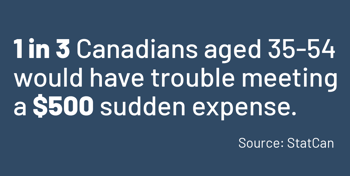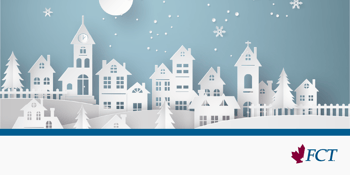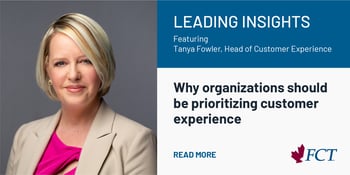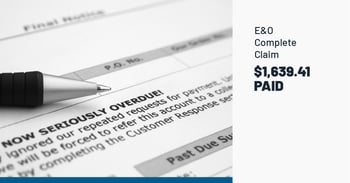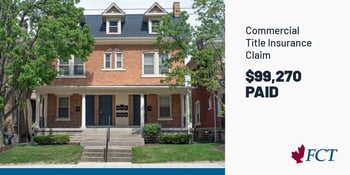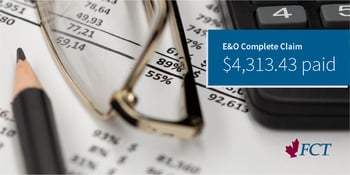
Homeownership is a significant leap from renting or living with family. When you’re ready to buy your first home, there’s a lot of research involved and you could soon get overwhelmed. Don’t panic! Your realtor can help educate you about the process.
There are a few basic terms you need to know as a first-time homebuyer:
.
- Pre-approval: This is the first step you should take when you’re looking to buy property. A lender or mortgage broker reviews your credit history, along with your income and assets, to determine how much you would be allowed to borrow. While a pre-approval does not mean that your mortgage is guaranteed, it gives you a good idea of the price range of properties you should be looking within.
. - Fixed and variable rate mortgages: When you are looking at the terms of your mortgage, you will have to choose between fixed or variable rate. A fixed rate means your interest payments will remain the same throughout the term of your loan (the period in which you commit to the interest rate and other conditions of your mortgage with a specific lender–usually for about 5 years), while a variable rate means that it will fluctuate based on the Bank of Canada’s posted rates. You can make your choice based on how much risk you can afford. When interest rates are low, it’s a great opportunity to take advantage of variable rates, however, when the Bank of Canada raises their rates, as they recently did, those with variable rates would be hit the hardest.
. - Appraisal: The lender financing your mortgage will want to know the value of the property being purchased to determine if the price you’re paying is market value. This is tricky in a hot market because of bidding wars that may mean you pay more. The appraisal doesn’t need to involve someone coming to inspect the property. Today, it can often be completed electronically and behind the scenes. If the lender’s appraisal comes in lower than the purchase price, they may offer you a lower mortgage amount, potentially killing the deal.
. - Home inspection: Houses cost a lot of money, but the home inspection is not the place to skimp. It’s easy to be dazzled by a recently renovated home, but it’s important to get an inspection to ensure that the renovations were done correctly and will not cause issues a few months down the road. Home inspectors look for many things like leaks or electrical issues that could end up costing you more to fix in the long run. It’s better to be prepared with all the information upfront. If you find major issues, you may also be able to negotiate the price or stipulate that the sellers fix them before closing.
. - Closing costs: These are expenses related to your purchase over and above your down payment. For more information you can read our blog post on additional costs when buying a house.
. - Title insurance: After the stressful and emotional process of buying a home, take the extra step to protect your ownership. Title insurance is purchased by your lawyer or notary and will protect you from issues like fraud, previous liens against the property and other ownership related issues.
.
Insurance by FCT Insurance Company Ltd. Services by First Canadian Title Company Limited. The services company does not provide insurance products. This material is intended to provide general information only. For specific coverage and exclusions, refer to the applicable policy. Copies are available upon request. Some products/services may vary by province. Prices and products/services offered are subject to change without notice.
®Registered Trademark of First American Financial Corporation.



























